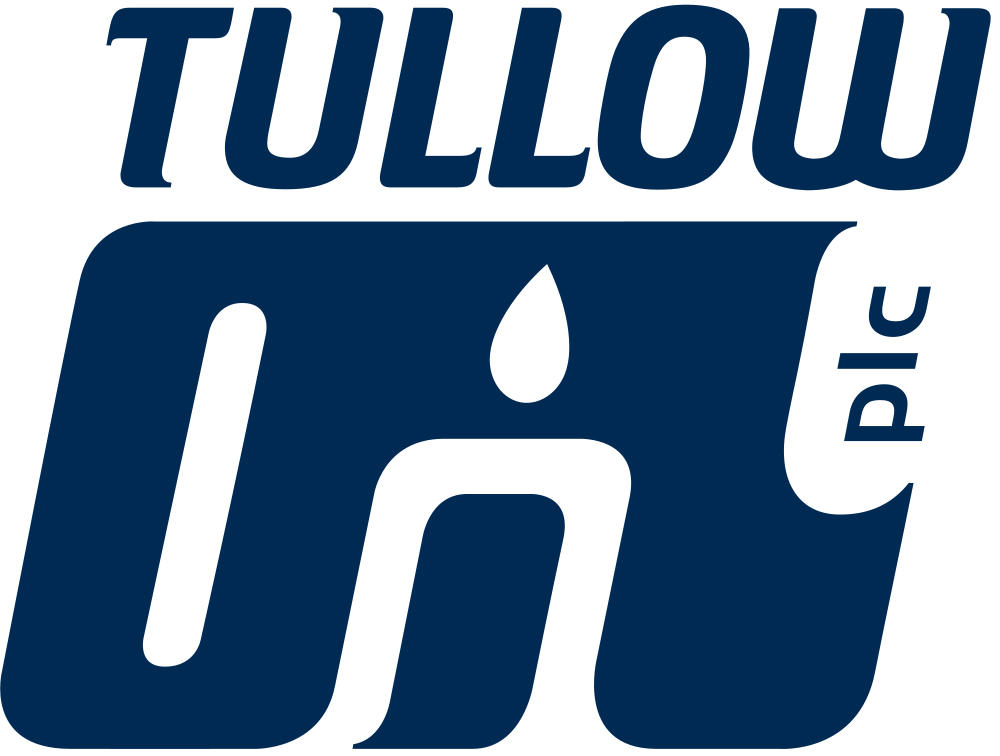With the latest oil find by the United Kingdom-based Tullow Oil having reportedly fallen significantly below the company’s pre-drill expectations, expert assessment of its immediate-term prospects is unlikely to bring smiles to the faces of the company’s Board of Directors.
Late in December the company broke news of a ‘strike’ in the Kanuku Block offshore Guyana, at the Carapa-One Well, though the disclosure was quickly followed by a subsequent announcement that the company would not be pursuing commercial exploitation from that discovery. As is customary in the global oil industry, news of Tullow’s decision brought quick reaction from oil analysts with Bloomberg reporting that the outcome of what it said was Tullow’s “first discovery of the new year” triggering a decline in its shares by “as much as 20%.”
Bloomberg said that the disappointing outcome of the Carapa-One drilling operation comes in the wake of what it said was “a calamitous 2019 in which it not only faced a 64% decline in its stock but also had to cope with the resignation of its Chief Executive Officer.” The Bloomberg article went as far as saying that at this stage even the company’s “previous offshore discoveries in Guyana” could be in doubt after those earlier reservoirs were found to contain heavy oil.
With the Carapa-One discovery having reportedly initially been described by the company’s Chief Operating Officer Mark McFarlane as “an important outcome with positive implications,” the company’s celebrations were short-lived, with a BMO Oil Analyst quickly following McFarlane with a pronouncement that the outcome of the Carapa-One pursuit will result in “a level of disappointment about the size” for Tullow.
The Carapa prospect had been initially estimated as a 200-million-barrel pursuit though the actual drilling reportedly encountered just four metres of “good quality oil”. ExxonMobil, as is now widely known has so far reaped much greater returns than Tullow and last month crowned its good fortune with the delivery of ‘first oil’ for Guyana.
For all the disappointing outcome of its the Carapa-One pursuit, Tullow at least based on its public comments, has been seeking to put a brave face its setback, with McFarlane quoted as saying that the company “will now integrate the results of the three exploration wells drilled in these adjacent licences into our Guyana and Suriname geological and geophysical models before deciding the future work programme.”





